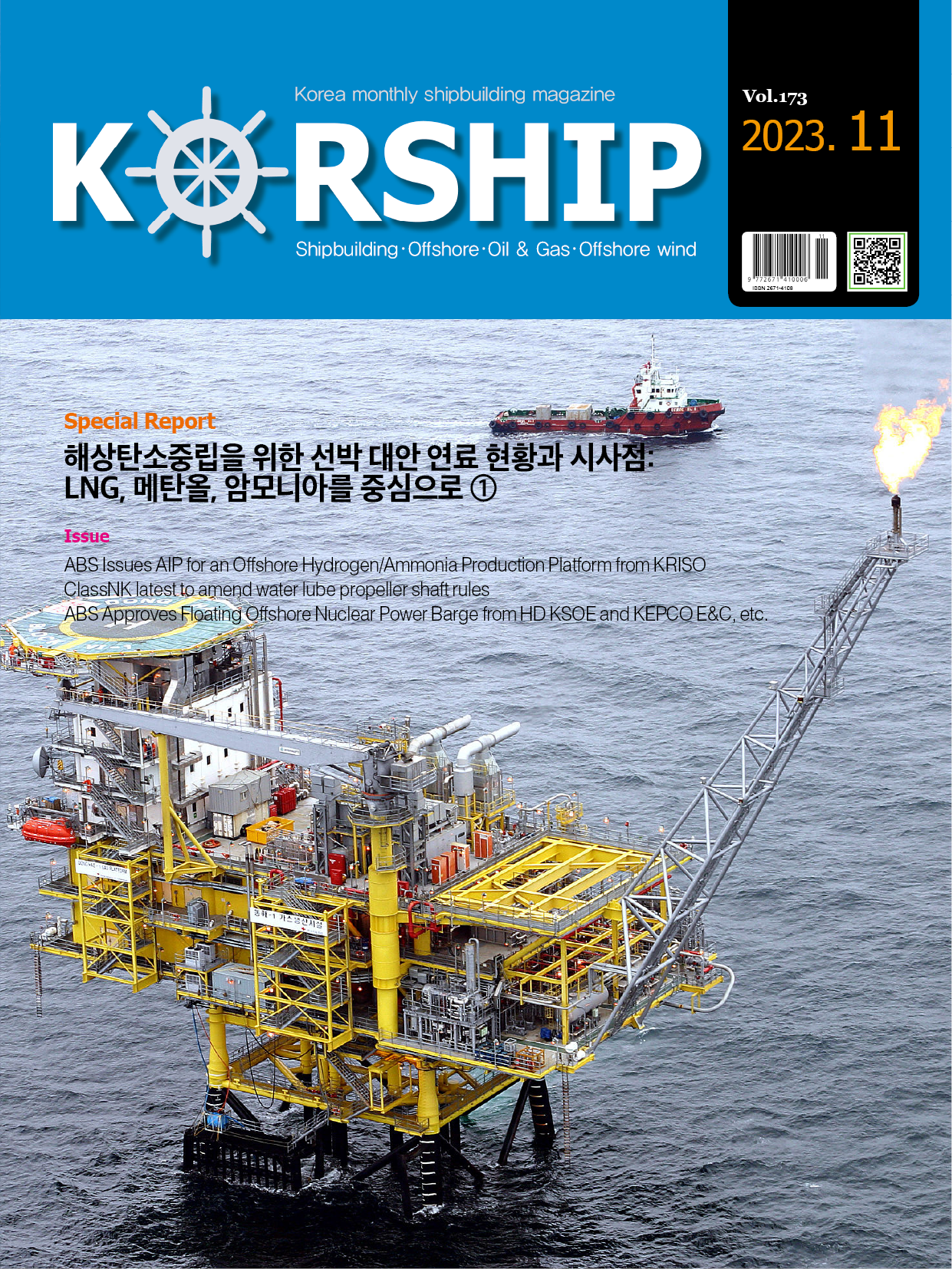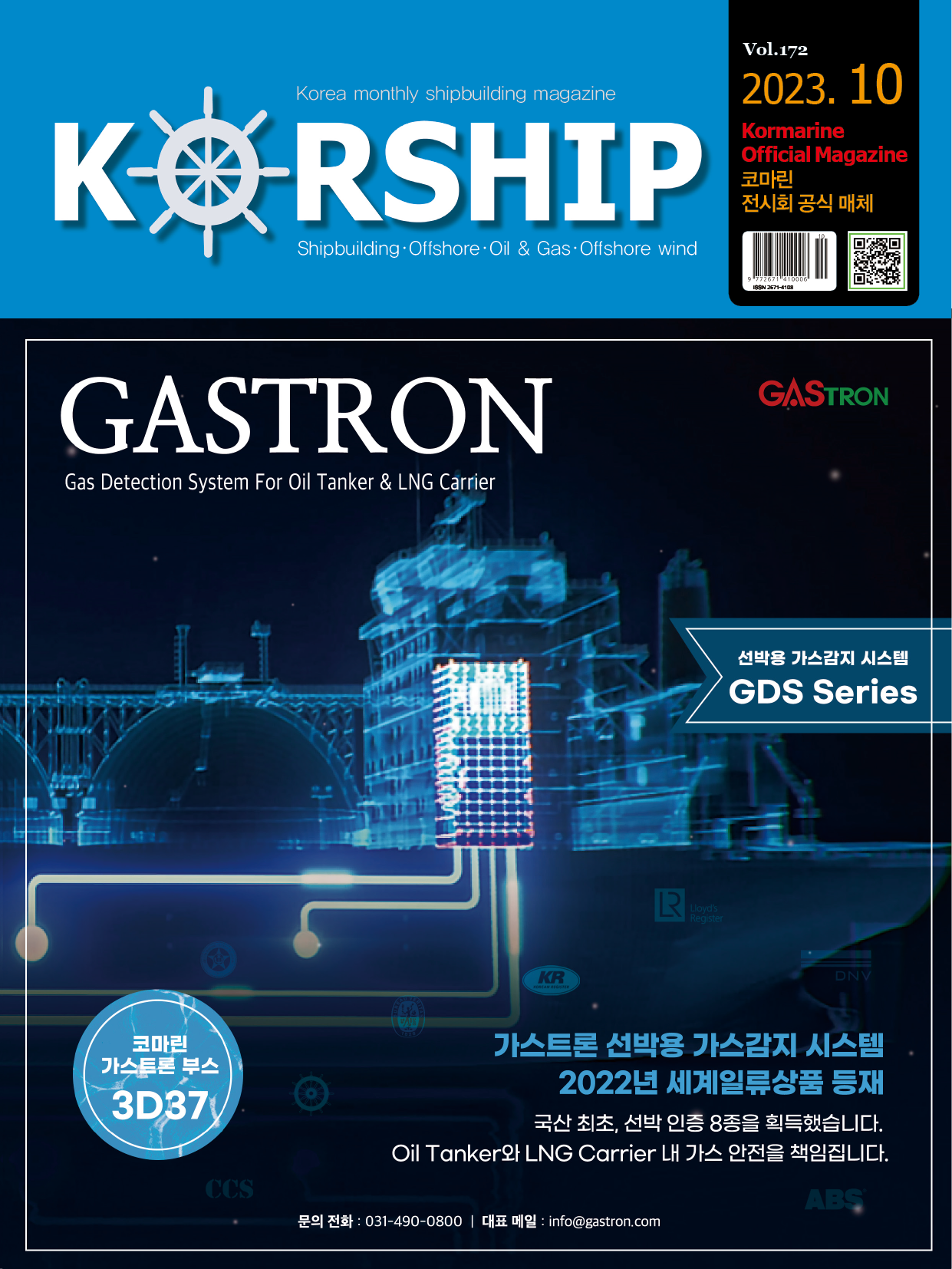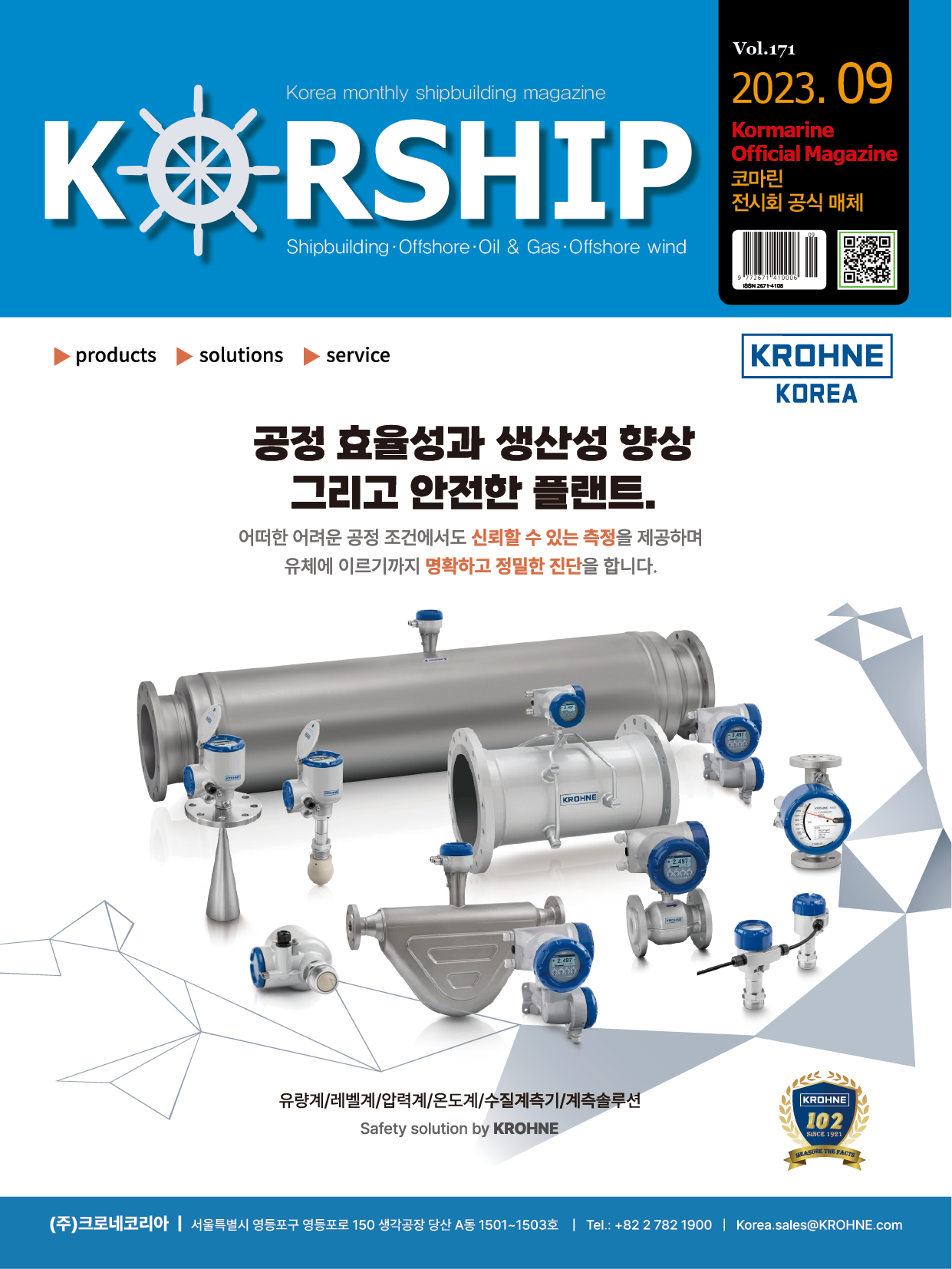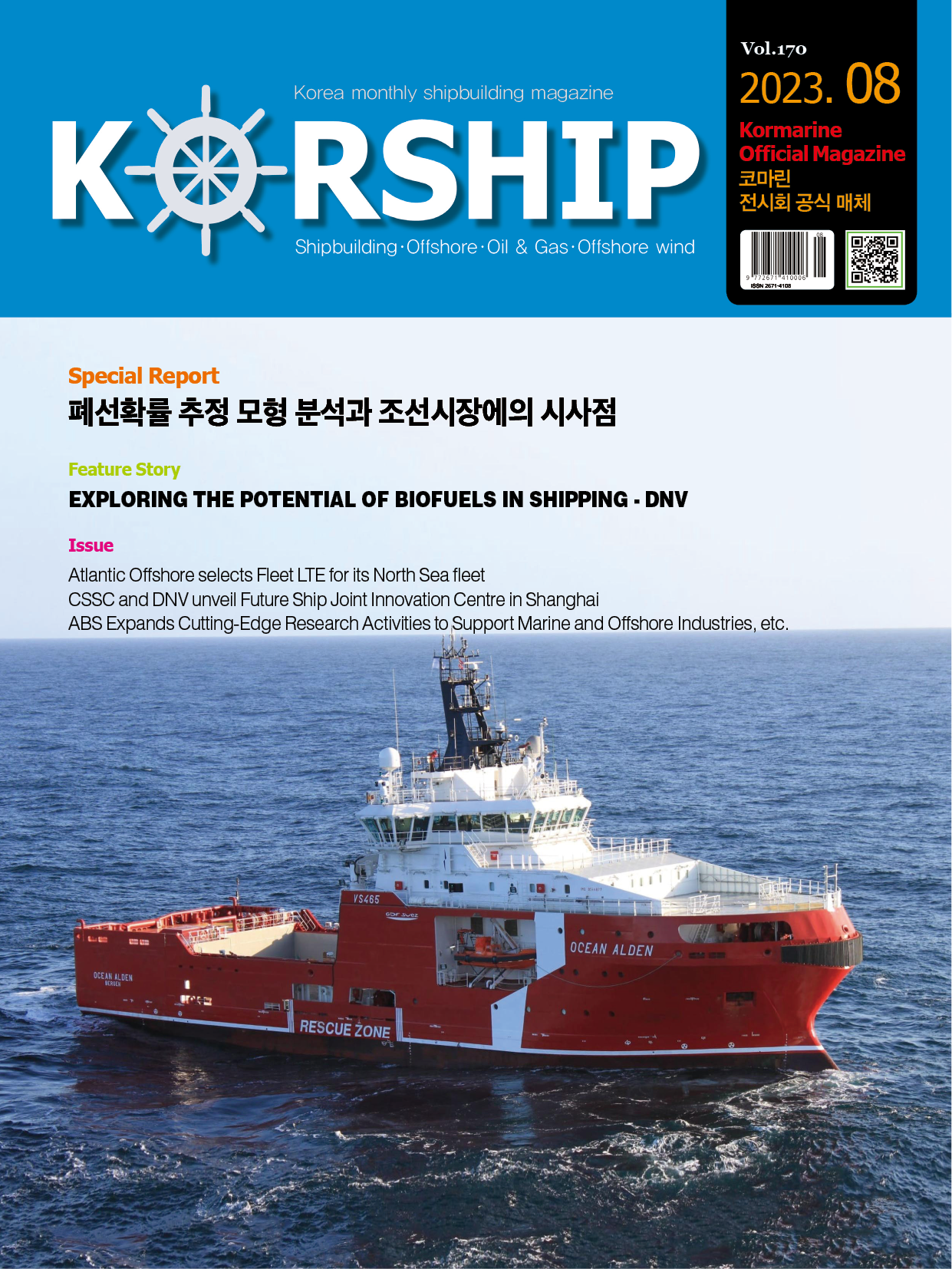Business News DNV joins Standards working group on methanol bunkering as interest in…
페이지 정보
작성자 최고관리자 댓글 0건 조회 354회 작성일 23-06-15 11:45본문
DNV has joined a working group on methanol bunkering, managed by the Standards Development Organisation at Singapore Chemical Industry Council(SCIC-SDO), the classification society announced at Singapore Maritime Week. The multi-stakeholder working group will develop a Technical Reference(TR) for methanol bunkering for Singapore, the world’s largest bunkering hub.
The SCIC, appointed as the Standards Development Organisation by Enterprise Singapore, formed the “Working Group on Standard Development for Methanol Bunkering”, in consultation with the Maritime and Port Authority of Singapore(MPA). The working group, which includes government agencies, bunker suppliers, bunker craft operators, engine manufacturers, testing and certification bodies, shipowners and operators, terminal operators, as well as classification societies such as DNV, will be developing a Technical Reference(TR) for methanol bunkering for Singapore.
The TR will cover custody transfer requirements(quantity and quality) for the delivery of methanol as a bunker fuel. It will examine all aspects of bunkering, from the bunker tanker to the receiving vessels, examining the operational and safety requirements for methanol bunkering, as well as crew training and competency.
The announcement of the development of the TR comes alongside record-breaking orders for vessels capable of using alternative fuels. DNV’s Alternative Fuels Insight(AFI) platform, which tracks orders and bunkering locations for alternative fuels, logged orders for 35 methanol fuelled vessels in 2022 – more than the 26 vessels currently in operation. Likewise for LNG, the most popular alternative fuel to date, the newbuilding orders in 2021 and 2022 will more than double the fleet in service upon delivery.
DNV was the first classification society to release a notation covering every aspect of using low flashpoint fuels, including safe design, fire safety, control and monitoring. It has regularly built on these recommendations, including the Alternative Fuels for Containerships document, which was recently updated with a new chapter covering methanol and aims to provide neutral, fact-based, and scientifically sound decision support for newbuilding projects in the segment. Currently more than 70% of the 25 methanol powered vessels operating are with DNV.









